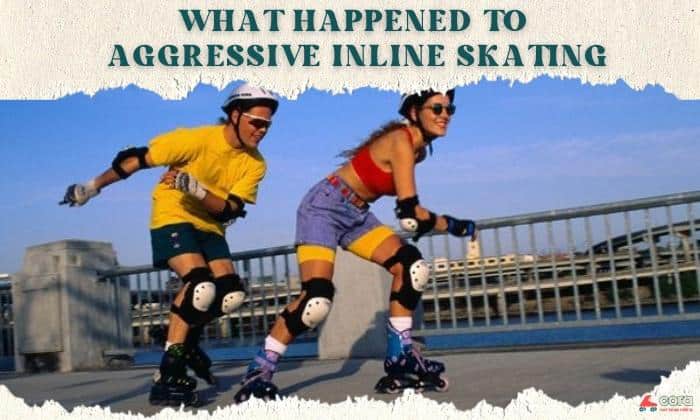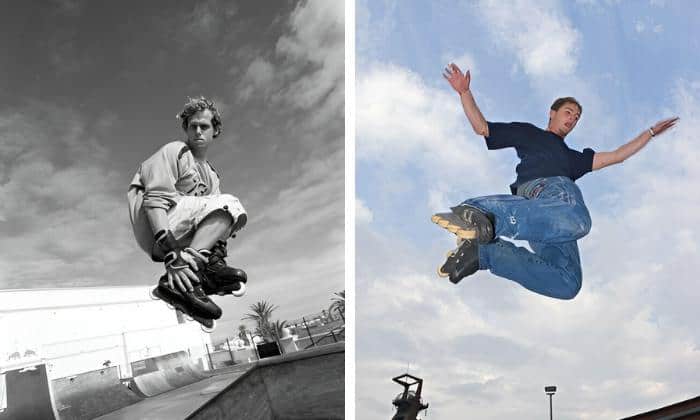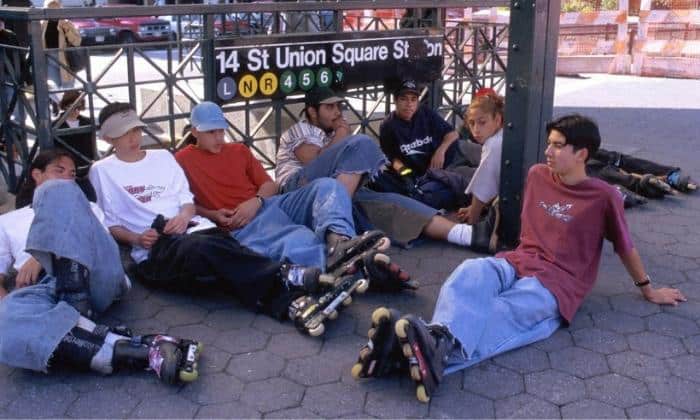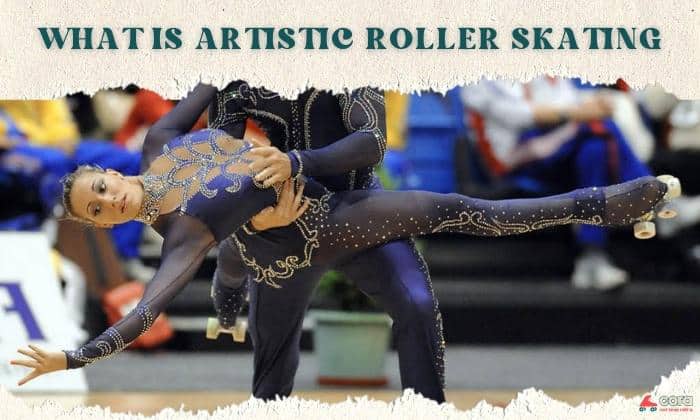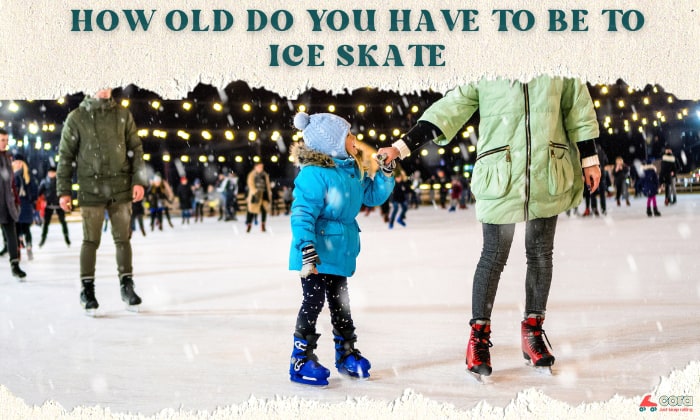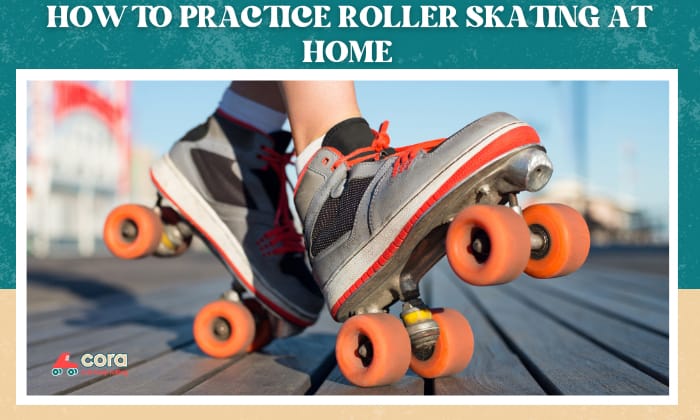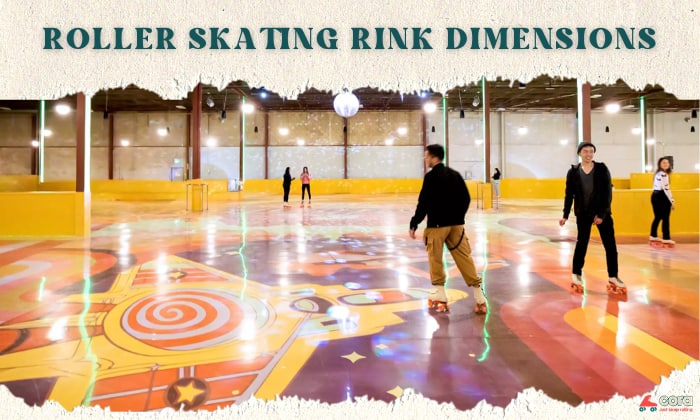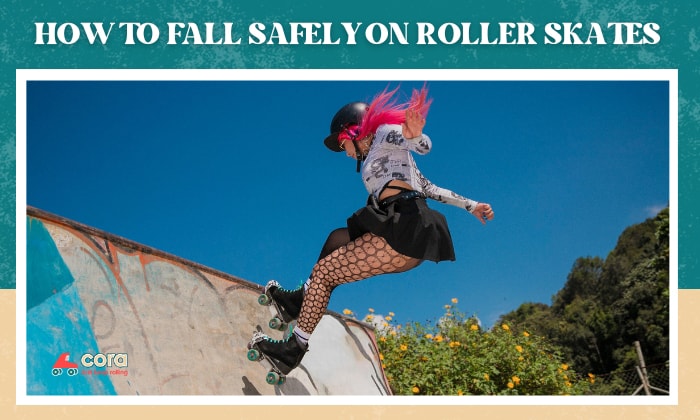Roller skating is a progressive sport. But along with the changes and improvements in it are the phaseouts of some notable aspects and disciplines.
Let’s take aggressive inline skating, for example. What happened to aggressive inline skating? Is this skating style still relevant? Or did it maintain the same hype as when it started?
It was a rollercoaster journey for this sport. Keep reading as we dig deeper into its story.
Page Contents
The Rise and Decline of Aggressive Inline Skating
Like many sporting events, it wasn’t an upward journey for aggressive inline skating. It has reached utmost popularity for a few years, yet it also lost significance after some time. What killed this discipline?
Perhaps, every skater who recently learned to rollerblade once wished they lived around 1996-1998. That is because it was around these years when aggressive inline skating was tremendously more popular than skateboarding and snowboarding.
Some of the sport’s milestones include the World Inline Cup. It also had a 4-event appearance in the X-Games with street, vert, vert triplets, and downhill categories.
Besides these, aggressive rollerblading became a staple in other significant competitions in America, France, and Asia.
Now, the recession: aggressive inline skating’s popularity did not last that long. While this extreme sport garnered the most audiences and participants for some time, it started to fall in the early 2000s.
The X-Games cut the 4-event inline skating competitions altogether in 2005, and other extreme sports like skateboarding and snowboarding became more popular.
Along with these setbacks was the rapid two-third decrease in inline skaters in 2010. What’s worse? The Aggressive Skaters Association zoned out following the disappearance of prominent inline events.
As to why rollerblading died, it’s likely because people thought rollerblading was old and uncool.
Others also found inline skating a bit too demanding, as wearing the skates and adjusting their fit was cumbersome compared to biking or skateboarding (obviously, you can step off a bike or board much quicker).
The lack of competitions also means no TV broadcasting, which means fewer kids are exposed to inline skating.
Is Aggressive Inline Skating Coming Back?
So, many asked what will happen next following the significant events in aggressive inline skating. Is rollerblading having a resurgence? Is aggressive inline skating still popular, at least for now?
There were a couple of bright spots after extreme rollerblading’s decline in popularity. It includes the surface of On a Roll, an indie inline skating game.
Within the last five years, inline skating had a bit more spark, led by the arrival of some footwear brands like Intuition and a nostalgia for the culture of the 90s.
Inline skate brands got more exposure on famous media platforms like Vogue, magazines, billboards, and more.
Ultimately, the most recent developments include the entry of Mesmer Skates and the slow return of other inline sporting events.
Conclusion
Like professional athletes, sports have their prime years. As the length of these times varies, it’s hard to predict how popular a sport will be.
So, what happened to aggressive inline skating? It was a pleasant entry into the skating world. It also underwent years when it was the most famous and in demand among the youth and other skating enthusiasts.
However, following the peak of this extreme sport, there was a quick decline in its popularity. Yet today, it serves us a glimpse of its return. Will it continue? We’ll find out.

Born in 1990, Rice is a skating expert who fell in love with it as a sport and recreational activity at the age of 9. He does inline skating as well as roller skating. Throughout the years, Rice has built up an impressive collection of skating gear and honed the essential know-how. During the pandemic, when he was kept from hitting the skate park, Rice founded Cora with his roommate Gibson to share his skating knowledge and experience. The goal is to make skating more accessible to everyone, regardless of gender, age, and ethnicity.


